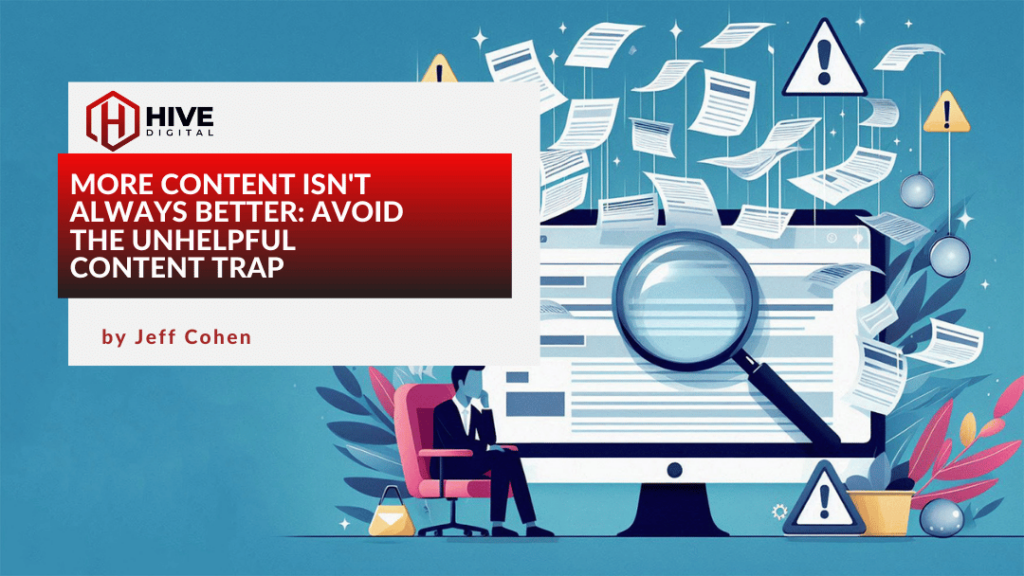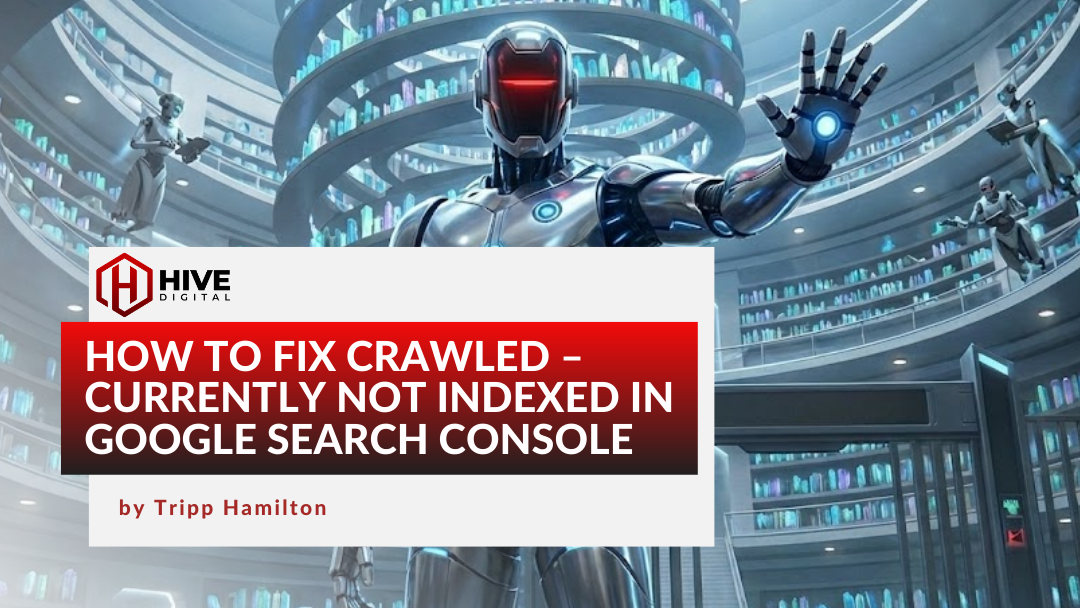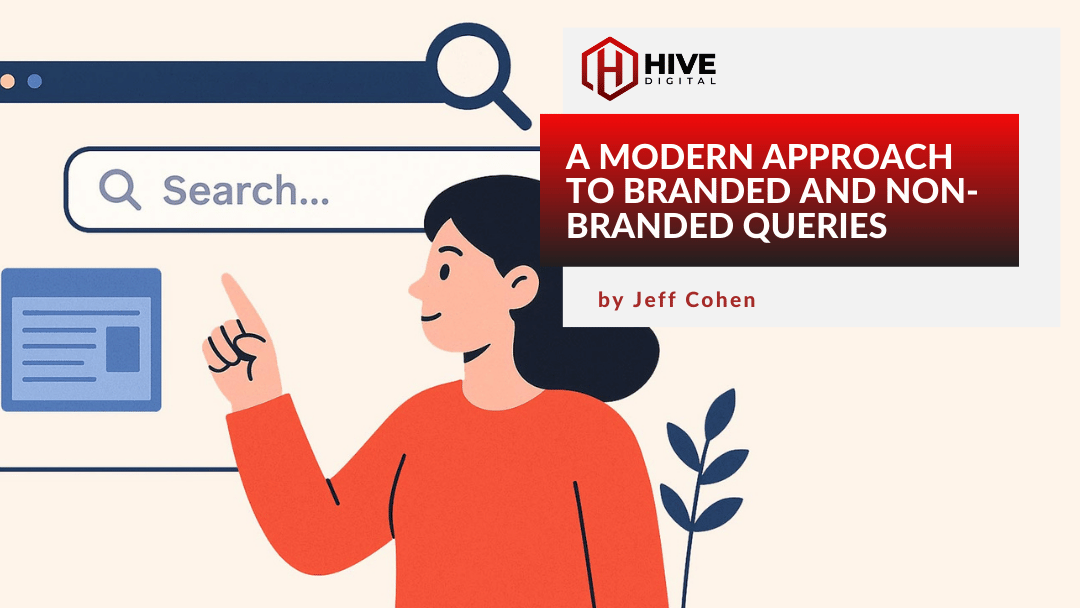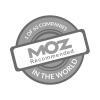Why the GeeksforGeeks Deindexing is a Cautionary Tale
In early 2025, GeeksforGeeks, one of the web’s most popular coding education platforms, was hit hard by a massive Google deindexing. With millions of visitors per month and tons of authority, it wasn’t the kind of site anyone expected to see disappear from search results.
But don’t worry, they came back. For now.
But it happened, and it should worry everyone that creates content online.
This isn’t a story about SEO tricks or algorithm loopholes. It’s about focus, quality, and intention, and why content without those things might not just underperform… it might vanish.
First and Foremost: More Content Doesn’t Mean Better Content
We’ve all heard it:
“Publish more.”
“Keep the blog active.”
“Content is king.”
Hive Content Marketing: Reach Clients on Their Journey
Hive's content marketing services are data-driven, client-focused, and aim to meet your clients where they are in the funnel - all to help drive your success. Let us help you develop a strategic plan for producing and connecting content throughout your audiences' journeys.
Explore Content Services
But the Helpful Content Update (HCU) from Google updated the rules and refined the game by cracking down on superfluous content that doesn’t benefit human readers.
The update focused on demoting content that:
- Doesn’t help people
- Was written just to rank for keywords
- Feels bloated, off-topic, or auto-generated
GeeksforGeeks had built up a vast library over the years, but the size of that collection may have become a liability. Reports point to content sprawl, off-topic posts, and potential misuse of AI tools as key reasons why the site was hit.
If your site publishes content “just because,” you may be planting seeds for the same problem.
AI Is a Tool – Not a Strategy
AI writing tools are everywhere. They’re helpful for brainstorming, summarizing, and even producing early drafts. But they don’t know your business, your audience, or your goals. That’s your job.
AI content without human guidance is just noise: repetitive, derivative, and often off-message. And Google is getting better at recognizing when there’s no real value behind the words.
The real danger? When teams rely too much on speed and automation, they forget to ask:
- “Who is this content for?”
- “Does it solve a real question or need?”
- “Does it align with what our site stands for?”
The impact of AI tools on content creation is huge, but we humans are still here to make sure they’re on the right track.
Are You Creating Content for a Purpose, Or Just Publishing to Publish?
Every article, guide, or resource you publish should be speaking directly to the people you want to reach. If it’s not solving a relevant problem or answering a real question for your target audience, it’s not doing its job.
Are You Straying Too Far from Your Expertise?
Drifting into loosely related or off-topic areas may generate short-term traffic, but it can dilute your authority and confuse both users and search engines. Strong topical focus is a trust signal—don’t trade it for vanity metrics.
Are Low-Value Posts Collecting Dust?
Legacy content that no longer performs, ranks, or engages is more than just dead weight—it could be dragging down the perceived quality of your entire site. A regular content audit helps surface what to update, consolidate, or remove.
Is Your AI-Generated Content Actually Useful?
AI can speed things up, but it can’t replace your expertise. Content that hasn’t been reviewed and edited by someone who truly understands your business is more likely to miss the mark—or worse, trigger quality concerns in search.
Publishing more won’t help if what you’re publishing doesn’t help someone.
Intentional Content Wins For Users and Search
Whether you’re writing for humans, Google, or AI Overviews, the same rules apply:
- Be clear about your topic.
- Be useful to your audience.
- Structure content so it’s easy to understand (for people and AI models).
- Don’t bury your key points, lead with value.
- Use schema to reinforce clarity, not mask poor structure.
The best-performing content in 2025 and beyond won’t be the most keyword-rich – it’ll be the most thoughtful, focused, and helpful.
Why The Human Element Still Matters
A strong content strategy isn’t just a checklist, it’s a reflection of your business priorities, your customer’s needs, and your ability to connect the two.
An experienced SEO consultant—yes, the human kind—brings more than just technical know-how. They help keep your content aligned with your brand’s voice and purpose, identify when you’re drifting into low-value territory, and build topic clusters that showcase true expertise rather than chasing keyword volume. Perhaps most importantly, they guide how AI tools are used—ensuring they support your strategy, not define it.
You can automate writing, but not experience. And strategy is still the difference between ranking and disappearing.
More or Less Content Isn’t a Key Factor, But Smarter Content Is
The lesson from the GeeksforGeeks story isn’t to “avoid AI” or “publish less,” it’s to slow down and ask why. If your content isn’t serving your audience or your business goals, it may be hurting more than it helps.
The helpful content era isn’t just about writing better, it’s about thinking better. And that’s where the real strategy comes in.
Not sure how your content stacks up? Need a second pair of eyes on your editorial strategy? We’re happy to help you evaluate, refine, or rebuild. Contact us here.










